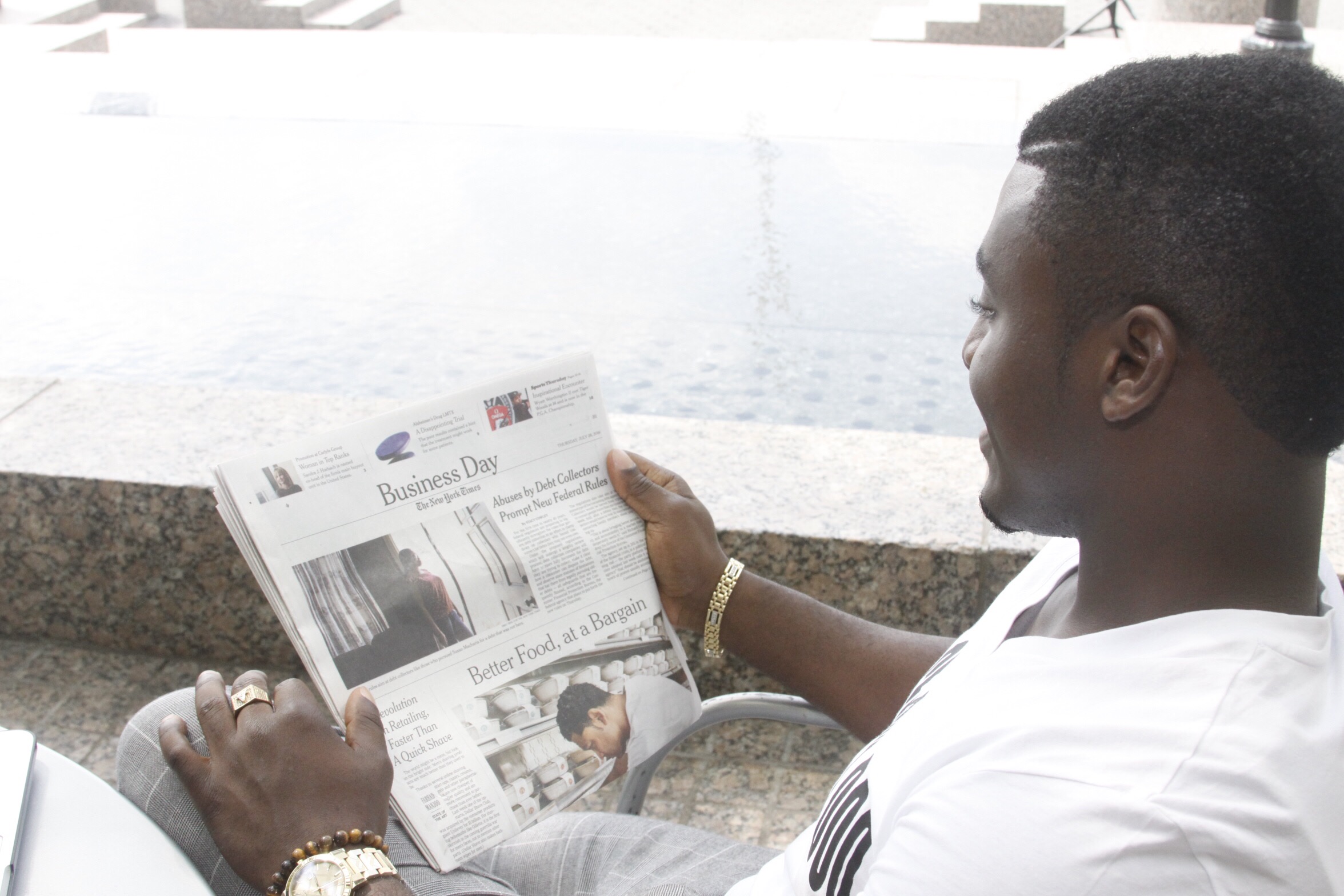Blog October 27, 2020
Our Media Bubbles Reflect a Larger Problem of Political Segregation

Recent work has shown the pernicious effect of media bubbles that allow Americans to easily filter out dissonant information. This self-selection reduces the accuracy of our political knowledge and increases political polarization. A new study from the Pew Research Center finds that Americans relying on Fox News and talk radio are more likely to be misinformed about COVID-19.
But what if our trust in certain media sources is a byproduct of our more immediate social environment? A new study from the Survey Center on American Life finds that Republican trust in conservative media outlets is closely tied to the political composition of their friendship network, and not solely due to partisan affinities.
Republicans who count only other Republicans as friends express much more trust in conservative-leaning news outlets, such as Fox News, the Rush Limbaugh Show, Breitbart, and One American News Network (OAN). For instance, roughly two-thirds (66 percent) of Republicans with only Republican friends say they trust the Rush Limbaugh show for news, compared to less than half (43 percent) of those who have politically mixed friendships. Conversely, Republicans with politically diverse friendships are twice as likely as those with only Republican friends to trust major network news outlets (ABC News, CBS News, and NBC News) (40 percent vs. 20 percent). Republicans with diverse friendships express much higher levels of trust in other media sources, including the Wall Street Journal, CNN, the New York Times, and NPR.
The influence of friendship networks is more modest for Democrats. For instance, roughly three-quarters (74 percent) of Democrats with both Democratic and Republican friends say they trust MSNBC, compared to 78 percent of Democrats with only Democratic friends. But regardless of the nature of their friend group, Democrats tend to place considerable amount of trust in most mainstream news outlets.
Of course, what we choose to watch and the news sources we trust are also governed by our political predispositions. Democrats are much more likely to trust the political information they get from MSNBC (75 percent) than Fox News (21 percent). Republicans, by contrast, are far more likely to trust Fox News than MSNBC (69 percent vs. 19 percent).
The tendency for Americans to self-select into media has been well established. What has been less thoroughly investigated is the partisan sorting occurring in American social life and what this means for our politics. A new survey finds that a majority of Republicans and Democrats count only as part of their core social network. And there is evidence that this tendency is accelerating.
Addressing the challenge presented by our growing political isolation will not be solved simply by changing the channel or seeking alternative news sources. A more worthwhile goal may be engaging in spirited and respectful discussions with people we know who may see the world a bit differently than we do.








